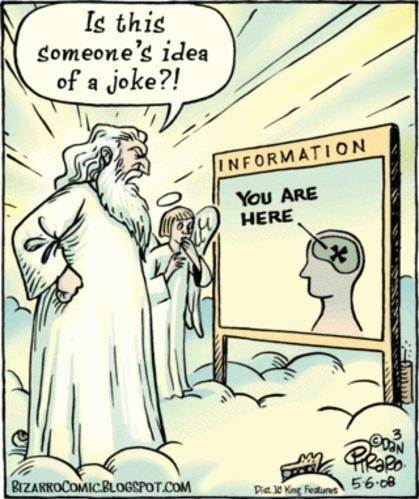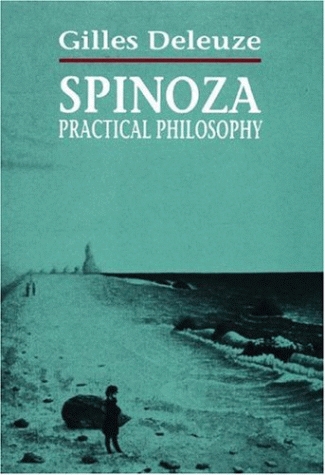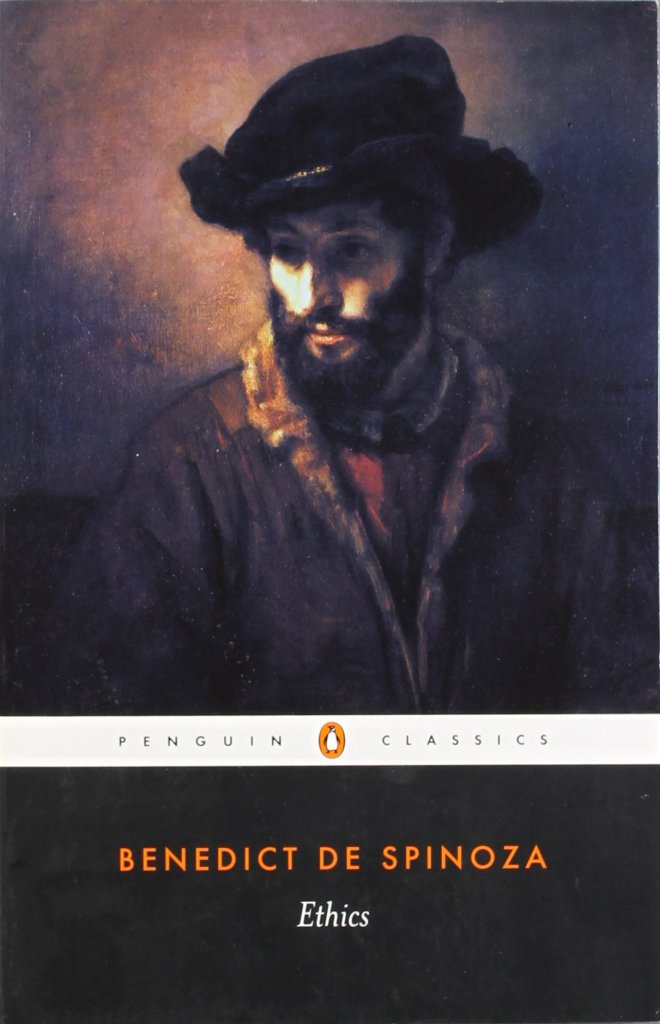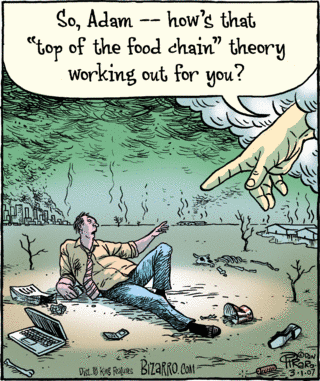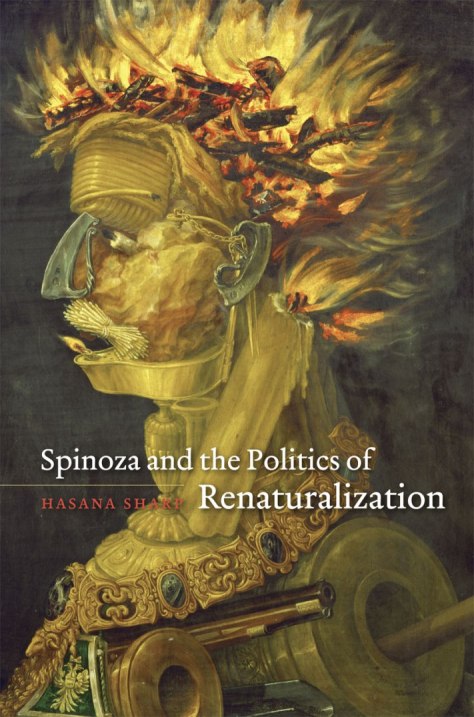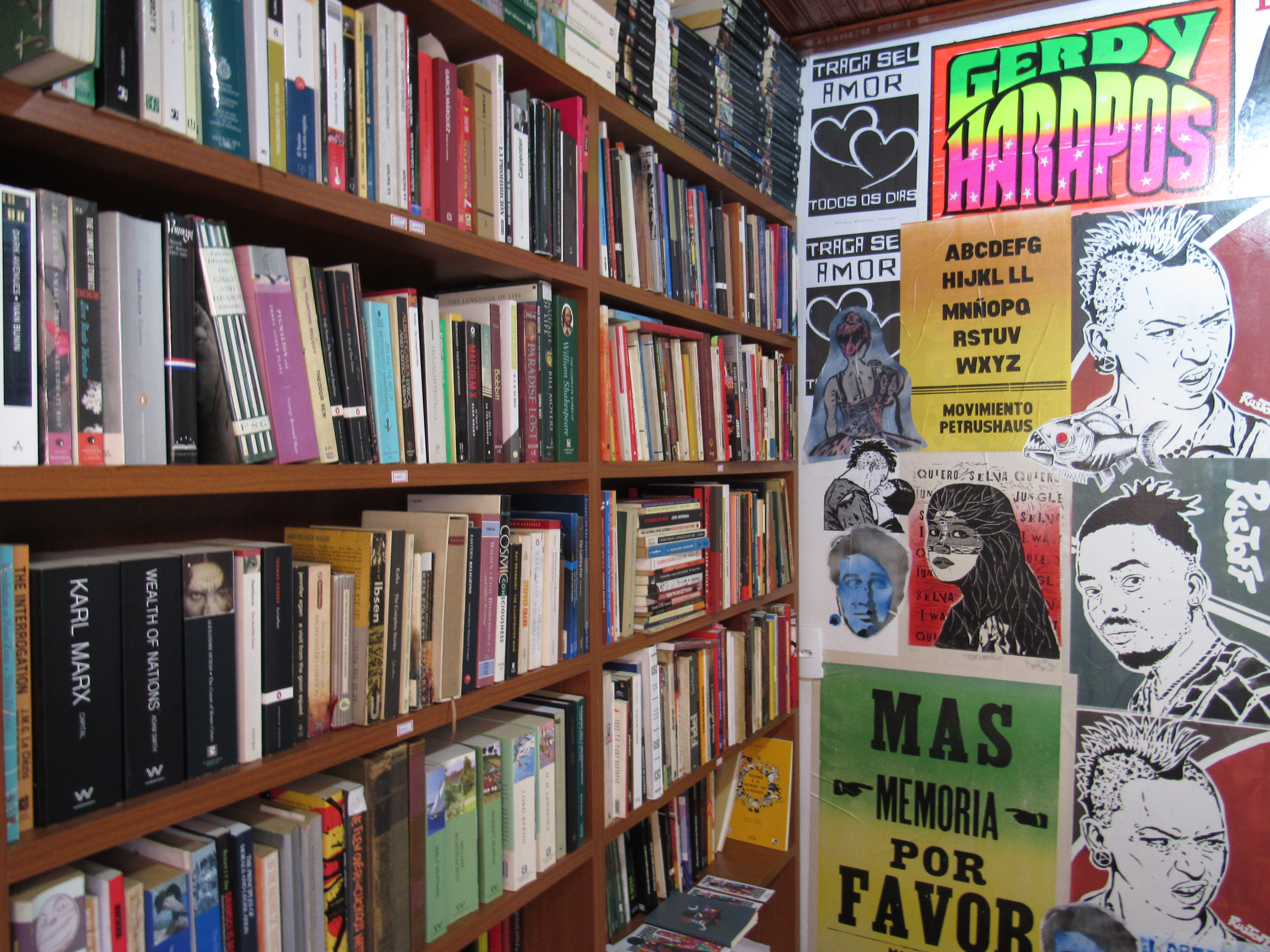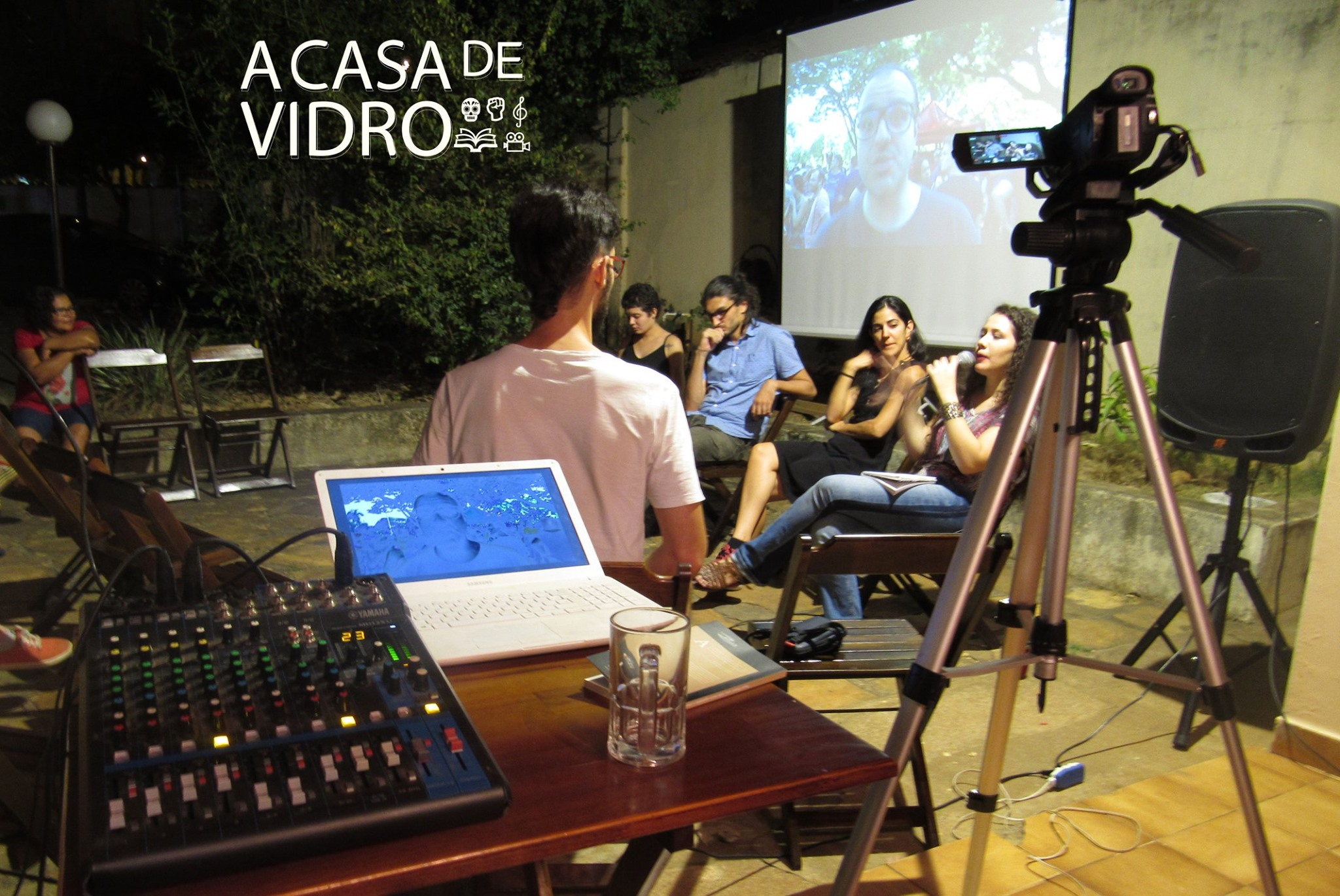A Ilusão Tripla da Consciência Cristã – por Hasana Sharp em “Spinoza e a Política da Renaturalização”
THE TRIPLE ILLUSION OF CHRISTIAN CONSCIOUSNESS
by Hasana Sharp (McGill University)
In Spinoza: Practical Philosophy, Gilles Deleuze writes that “consciousness is inseparable from the triple illusion that constitutes it, the illusion of finality, the illusion of freedom, and the theological illusion.” The triple illusion that Deleuze identifies belongs to a fantasy of human exceptionalism. Consciousness of one’s desire, especially as it is described in the appendix to part I of the Ethics, includes a notion of reality designed for human use and enjoyment (finalist illusion) by a God who can offer or withhold love (theological illusion) from an individual who can freely earn or fail to be worthy of salvation (freedom illusion).
Yet the “triple illusion” that Deleuze describes seems to be historically specific. Rather than constituting consciousness as such, it aptly describes what might loosely be called Christian psychology. It is the psychology of those who believe that we are divine creations, endowed with free will, who may or may not use this will to earn salvation.
Spinoza begins with the premise that we desire and pursue our advantage, convinced that our desire signals our freedom. We typically perceive something as desirable and believe that we pursue it by virtue of a self-originating appetite. (…) From the pursuit of self-preservation, Spinoza describes God as a kind of narcisistic self-projection (one that is developed by Feuerbach in The Essence of Christianity).
The tendency to imagine God as a power that arranges things purposefully for human pleasure is prompted by our experience of the excellent design of our bodies and things that meet our basic needs. In Spinoza’s words, “they find – both in themselves and outside themselves – many means that are very helpful in seeking their advantage, for example, eyes for seeing, teeth for chewing, plants and animals for food, the sun for light, the sea for supporting fish” (Ethics, I, appendix).
The pleasures of food, visible beauty, and the sun’s warmth please humans all too well and prompt us to infer that there must be a “ruler of Nature” who arranged everything to suit us. (…) From the belief that their actions are prompted by self-generated goals, humans tend to be falsely convinced that God, too, acts with an end in view, that end being, simply, humanity. Yet nature does not always provide, and while the successful pursuit of self-satisfaction generates the notion that pleasant things exist for the sole purpose of enriching human life, unpleasant things are seen to reflect human vice.
Misfortune incites superstition and fear of divine punishment but does not interrupt the narcissistic notion that good or bad events, pleasant or repugnant things, point to oneself as a member of God’s most beloved creation, humanity. Insofar as we are trapped within the triple illusion of (Christian) consciousness, we are convinced that the external world, no less than our bodies, exists for us, and, the more we find ourselves to be favored, the more we are convinced that God recognizes, validates, and rewards us.
As Spinoza puts is, “So it has happened that each of them thought up from his own temperament different ways of worshipping God, so that God might love him above all rest, and direct the whole of Nature according to the needs of their blind desire and insatiable greed” (Ethics, I, appendix). In accord with a certain worldview that arguably persists today, our desire prompts a portrait of God and nature as instruments of self-satisfaction…
For Spinoza, desire is liberated by establishing a distinctive kind of relationship to oneself and others. Spontaneous desire is less free insofar as we persist in the belief that desire is not constrained, provoked, and oriented by a complex history of causal determinations. We remain servile as long as we do not see ourselves as relational beings. Rather than socializing desire, however, we must naturalize it. We must come to act in light of being but a tiny “part of nature”, one singularity submerged within an acentric force of powers and counterpowers.
Spinoza comes to view freedom as a coordination of strenght and vitality in relationship to others. (…) Nature is absolute and self-caused, but freedom requires that we cease to see ourselves as independent in the same way as God. Human freedom is won only by coming to terms with our lack of freedom. We come to act effectively only when we appreciate that our agency is infinitely surpassed by the totality of other natural beings (Ethics, IV, p. 3).
The initial desire to be affirmed or loved by God above all others as a unique and irreplaceable being must be surrendered. The politics of renaturalization denies the possibility of mutual recognition between God and humanity, the Other and the self. (…) We are singular expressions of the power of infinite nature, knowledge of which Spinoza calls beatitude or glory.
Rather than personal salvation or recognition, freedom involves a kind of depersonalization. The irrecoverable loss of oneself in God is precisely what Hegel rejected in Spinoza’s system, yet, in an epoch where the risk of too much man is arguably greater than the risk of too much nature, let us see whether we might find ressources for a posthumanist view of agency in Spinoza’s account…
For Spinoza, the highest form of self-knowledge that accompanies intuition involves the intellectual love of God (nature), which is decidedly not mutual. “He who loves God cannot strive that God should love him in return” (Ethics, V, p. 19). The lack of mutuality is two-sided. God does not create humans in order to be loved and glory in his almighty power. Humans are not God’s self-image, the vehicles of his glorious self-representation. God is an entirely impersonal natural force that is not oriented around humanity. Loving nature or God is nothing other than the active joy by which we love ourselves, not as exemplars of human goodness, but as absolutely unique instances of nature’s power.”
HASANA SHARP (Academia.edu)
Spinoza and the Politics of Renaturalization.
Read more quotes from this book.
* * * *
SAIBA MAIS:
LEIA OUTROS TRECHOS DO LIVRO DE HASANA SHARP
SIGA VIAGEM:
“O APÓSTOLO DA RAZÃO” (escrito por Tariq Ali)
[youtube id=https://youtu.be/pVpEcMqDbUc]
Publicado em: 29/01/16
De autoria: casadevidro247
